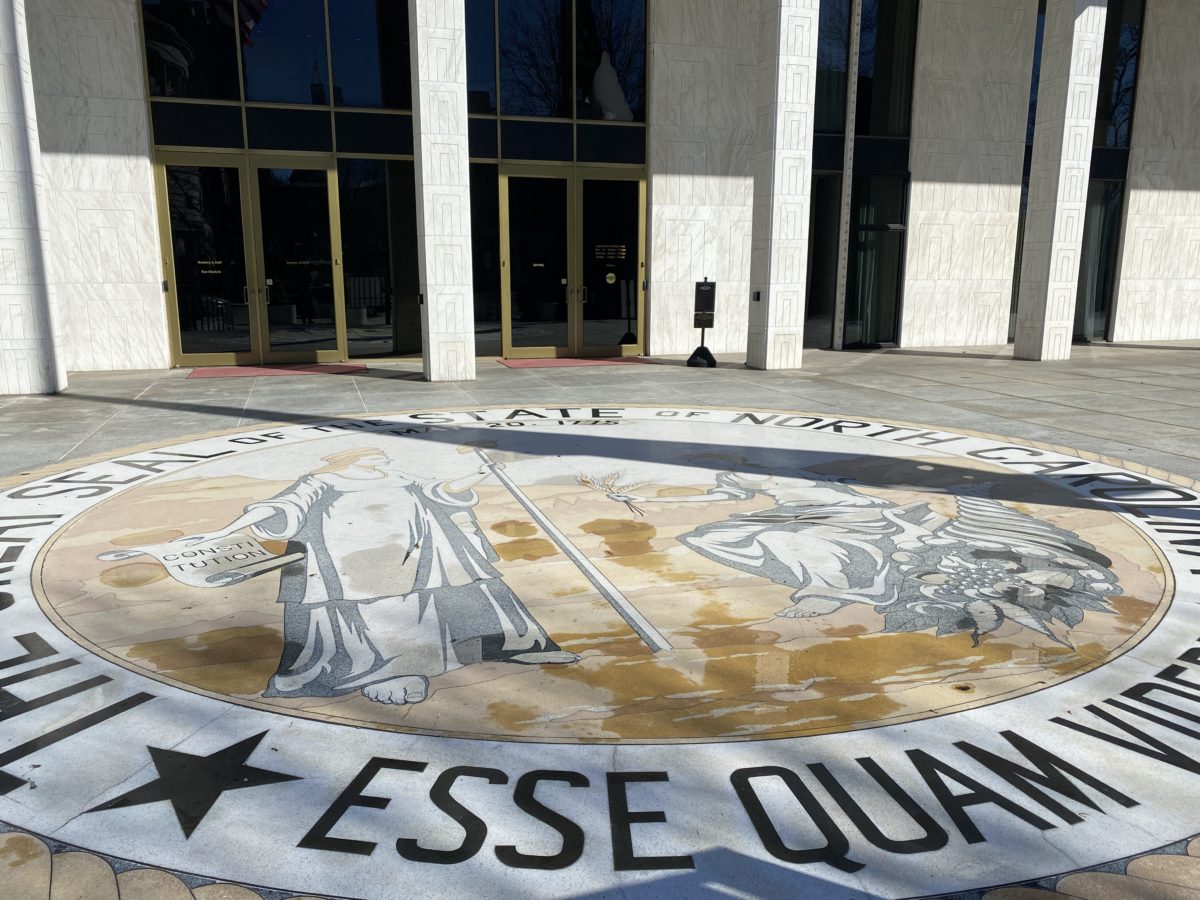

|
|
In the spring of 2007, the North Carolina General Assembly formally apologized, with “profound contrition,” for the state’s history of “wrongs inflicted upon Black citizens by means of slavery, exploitation and legalized racial segregation.”
The legislature’s two-page resolution traces an historical arc from the introduction of enslaved people into the British colony of Carolina in the 17th century, through the American Revolution, the Civil War, Reconstruction, the Jim Crow era, and the “Great Migration” of the 20th century. It also celebrates Black civic leadership and entrepreneurship, as well as Black citizens’ yearning for full participation in their state.
Then-State Senate Democratic Majority Leader Tony Rand, who died a year ago this month, took the initiative in proposing the apology resolution. In the Senate of 31 Democrats and 19 Republicans, the resolution passed 46-0. In the House of 68 Democrats and 52 Republicans, the vote to adopt was 117-0.
Such a resolution, of course, is largely symbolic. It appropriated no money, launched no new programs, did not call for reparations, and imposed no new course of study in public schools. Still, while encouraging North Carolinians to work in their daily lives to eliminate prejudices and injustices, the resolution contains this call to action:
“The General Assembly urges schools, colleges, and universities, religious and civic institutions, businesses and professional associations to do all within their power to acknowledge the transgressions of North Carolina’s journey from a colony to a leading State, to learn the lessons of history in order to avoid repeating mistakes of the past, and to promote racial reconciliation.”
Fourteen years later, the State Board of Education may not have had the slavery apology in mind, but it acted in the spirit of the resolution in adopting revised social studies standards for public schools to teach the history of social conflicts, racism, and sexism in the state and nation. And yet, a cloud of uncertainty, arising from today’s ideological, cultural, and political polarization, hangs over the teaching of civics and history in North Carolina.
The state board’s 7-5 vote to revise standards made the divisions evident. More serious are measures in the current Republican-majority General Assembly that threaten to squelch the robust, thorough examination of history that engages students, deepens their critical thinking, and enhances their understanding of history-in-the making in their lives.
By a 66-48 vote, the state House has passed and sent to the Senate a bill with a high-minded short title: “Ensuring Dignity & Nondiscrimination/Schools.” Its provisions instruct schools not to promote such concepts as: “One race or sex is inherently superior to another race or sex … An individual, solely by virtue of his or her race or sex, bears responsibility for actions committed in the past by other members of the same race or sex … Any individual, solely by virtue of his or her race or sex, should feel discomfort, guilt, anguish, or any other form of psychological distress.”
Another House-passed bill would require teachers in public schools and larger charter schools to post their instructional materials online. Aside from the make-work aspect of this bill, the two measures in combination would have consequences in classrooms that would dampen, rather than nourish, effective and stimulating teaching in the history and practice of American democracy.
Too many teachers may worry about crossing ill-defined lines in lectures, class discussions, and assigned readings. Many would be tempted toward excess caution, with safe yet milquetoast lessons that fail to inspire.
The stories of America and North Carolina are full of contradictions and paradoxes, of the glorious and inglorious. Strong teachers know that gains in learning and maturity take place often when students are pulled out of their comfort zones to confront conflicts and difficult questions. Would the pending legislation encourage or — more likely — discourage learning the lessons of the history outlined in the slavery-apology resolution of 2007?





